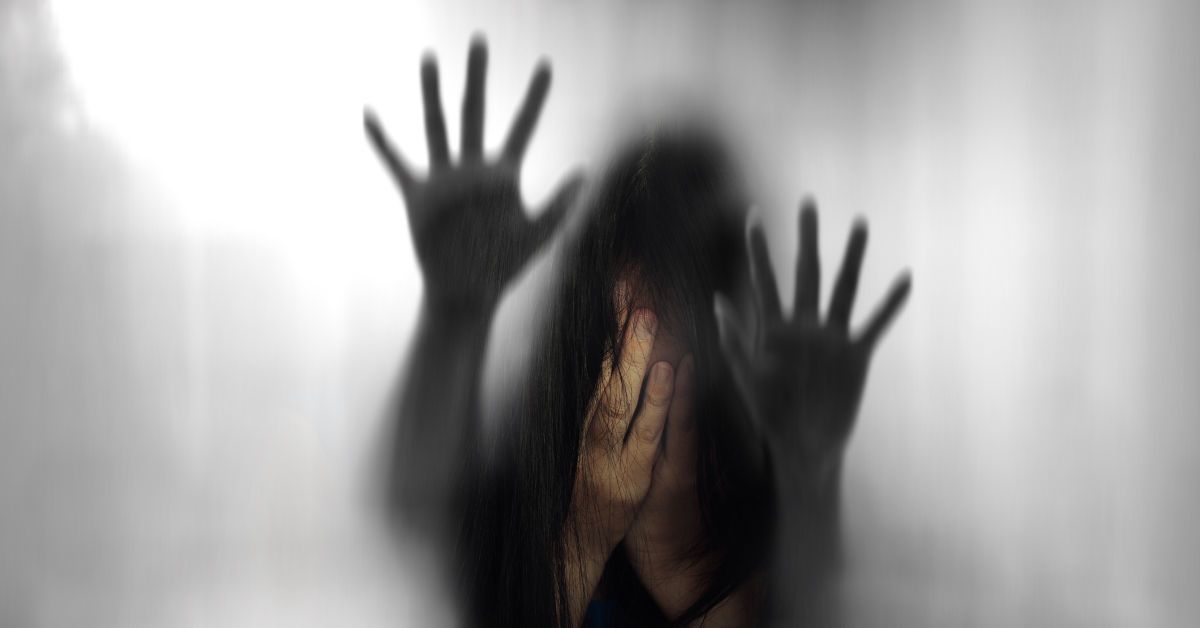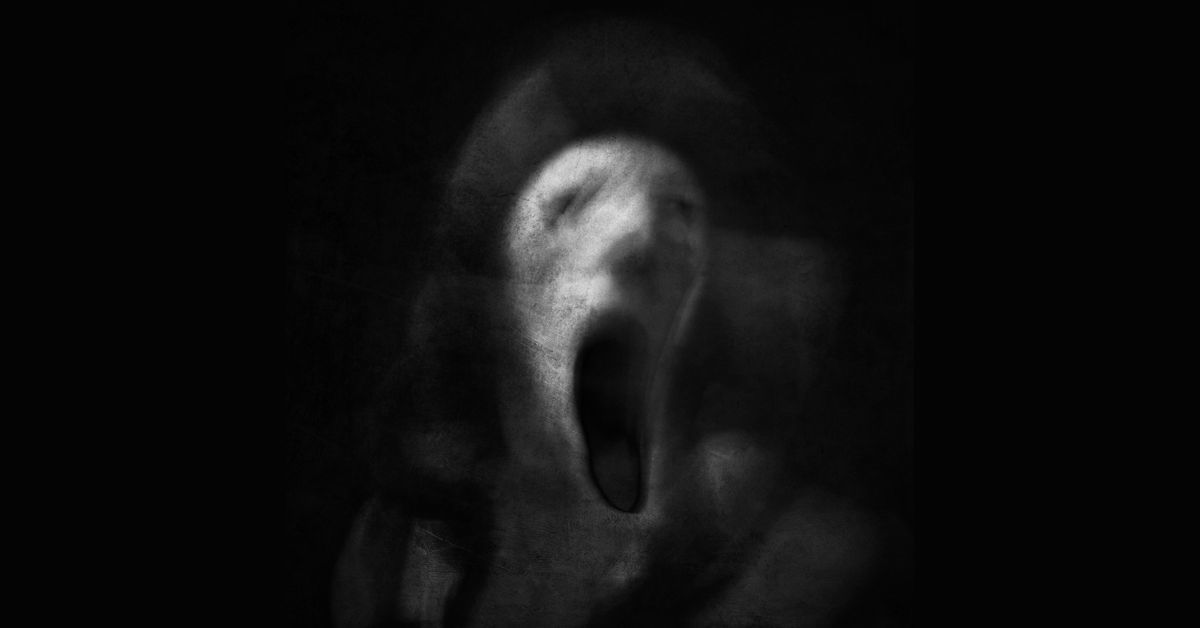White Noise

This post was originally published through Patreon on March 6, 2019.
Daniel sat at an outdoor table, sipped a Starbucks cappuccino, and watched the world unfold like a silent film. Deep, resonant sound waves plowed through his ears like an ocean, and while the world was usually a loud and discordant place, as long as he had his white noise—as long as he could stick a pair of buds in his ears and drive the outside sounds away—everything would be all right, everything would be fine. The terrible memories that haunted his every waking hour would slumber for a little longer, and everything would be fine.
Only now and again, there was a hollow space in his mind that the static couldn’t fill, and when it finally bubbled to the surface, when his conscious mind reengaged with those dark horrors he always tried so hard to forget, he’d realize there was no running from the nightmare, that the nightmare would never end.
They killed her, he would think, and though his eyes would remain fixed on a neutral subject like a parked bicycle or a truck stopped at a red light, the eyes inside his head would stumble over unseen obstacles as he rushed headlong, back into the endless dark.
Like humans, they’d been…at least approximately, if one didn’t look too closely. And that had been Daniel’s mistake, hadn’t it? He’d looked too closely, and after returning home one night to find them standing in a circle outside his house—after following the contours of their too-long faces, angled down, to find his wife, Jennifer, splayed across the floor, her soft, unblemished body alabaster white, eyes wide, glazed, and unseeing—something inside him had broken.
In his mind’s eye, Daniel would, until the end of time, behold those grotesque and sharply-proportioned bodies. The white noise would never stop him from hearing his breath catch in his throat; would never stop him from staring again into those dull, onyx-black eyes; would never stop him from reliving the mad, soundless cry that had taken shape deep within his constricted chest, only to get stuck midway and never come out.
He would, as always, remember how one of those almost-human creatures had met his eyes, how it had opened its mouth, and how it had strained to speak. Only the profane secrets it uttered in the stillness of the night would remain a mystery, and that was not because of the white noise but because of Daniel’s steadfast unwillingness to remember. Some things were too dark, too unholy, to ever be allowed into the light of conscious thought.
But beneath the ocean of static, beneath even the subterranean layer of his subconscious, Daniel sensed its malevolent echo, a fetid residue that, like a grease stain, he would never be able to wash away. This abstract terror he knew intimately well, and white noise or no white noise, Daniel knew that sooner or later, it would catch up to him, that sooner or later, he would have no choice but to respond to its dark summons.
Enter your email address and click "Submit" to subscribe and receive The Sign.
